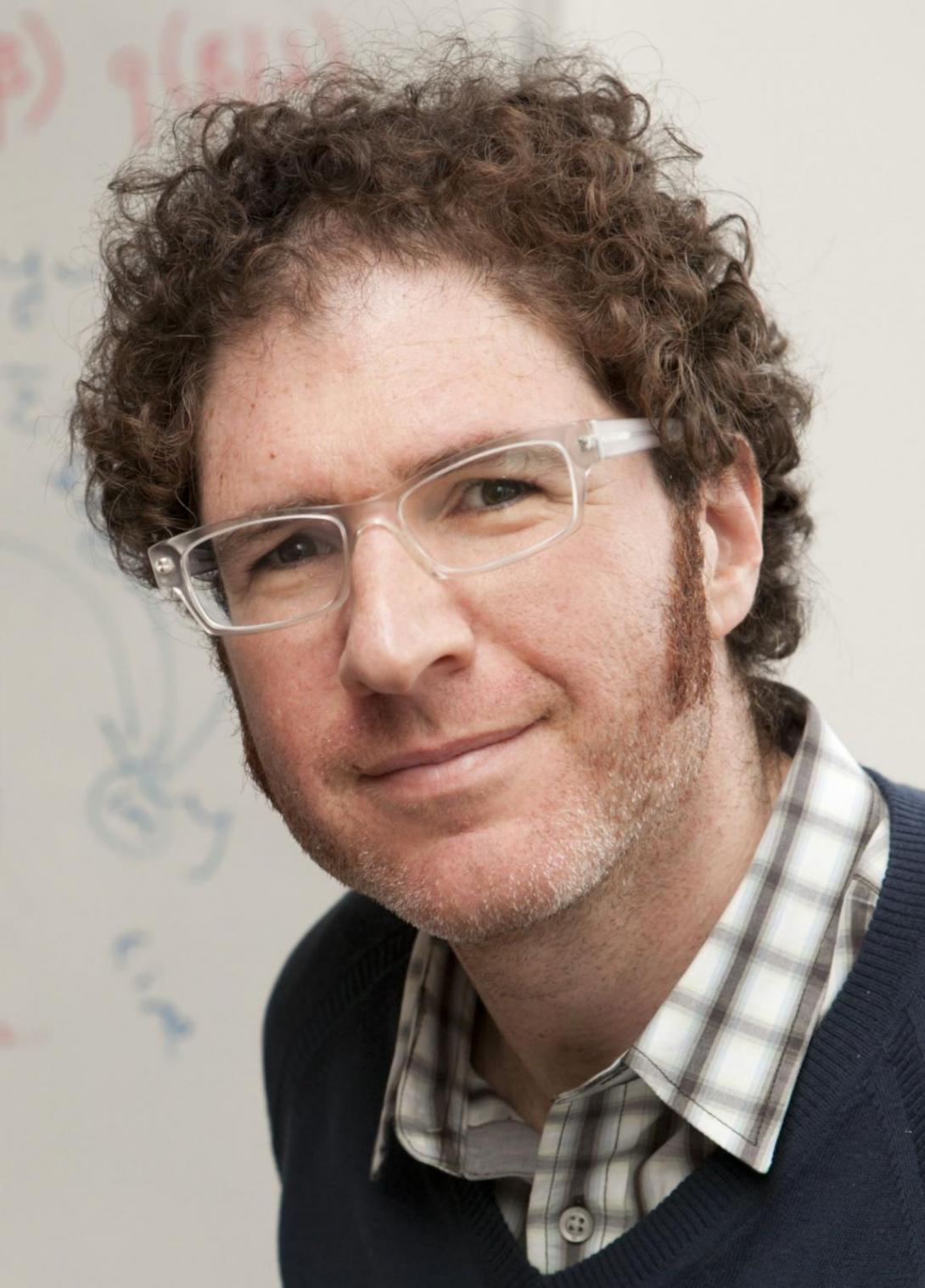
Scaling and Generalizing Bayesian Inference
A core problem in statistics and machine learning is to approximate difficult-to-compute probability distributions. This problem is especially important in probabilistic modeling, which frames all inference about unknown quantities as a calculation about a conditional distribution. In this talk I review and discuss variational inference (VI), a method that approximates probability distributions through optimization. VI has been used in myriad applications in machine learning. It tends to be faster than more traditional methods, such as Markov chain Monte Carlo sampling.
I discuss our recent research on VI. I first describe stochastic variational inference, an approximate inference algorithm for handling massive data sets, and demonstrate its application to probabilistic topic models of millions of articles. Then I discuss black box variational inference, a generic algorithm for approximating the posterior. Black box inference easily applies to many models but requires minimal mathematical work to implement. I will demonstrate black box inference on deep exponential families---a method for Bayesian deep learning---and describe how it enables powerful tools for probabilistic programming.
David Blei is a Professor of Statistics and Computer Science at Columbia University, and a member of the Columbia Data Science Institute. His research is in statistical machine learning, involving probabilistic topic models, Bayesian nonparametric methods, and approximate posterior inference with massive data. He works on a variety of applications, such as text, images, music, social networks, recommendation systems, and scientific problems. David has received several awards for his research, including a Sloan Fellowship (2010), Office of Naval Research Young Investigator Award (2011), Presidential Early Career Award for Scientists and Engineers (2011), Blavatnik Faculty Award (2013), ACM-Infosys Foundation Award (2013), and a Guggenheim fellowship (2017). He is a fellow of the ACM and the IMS.
